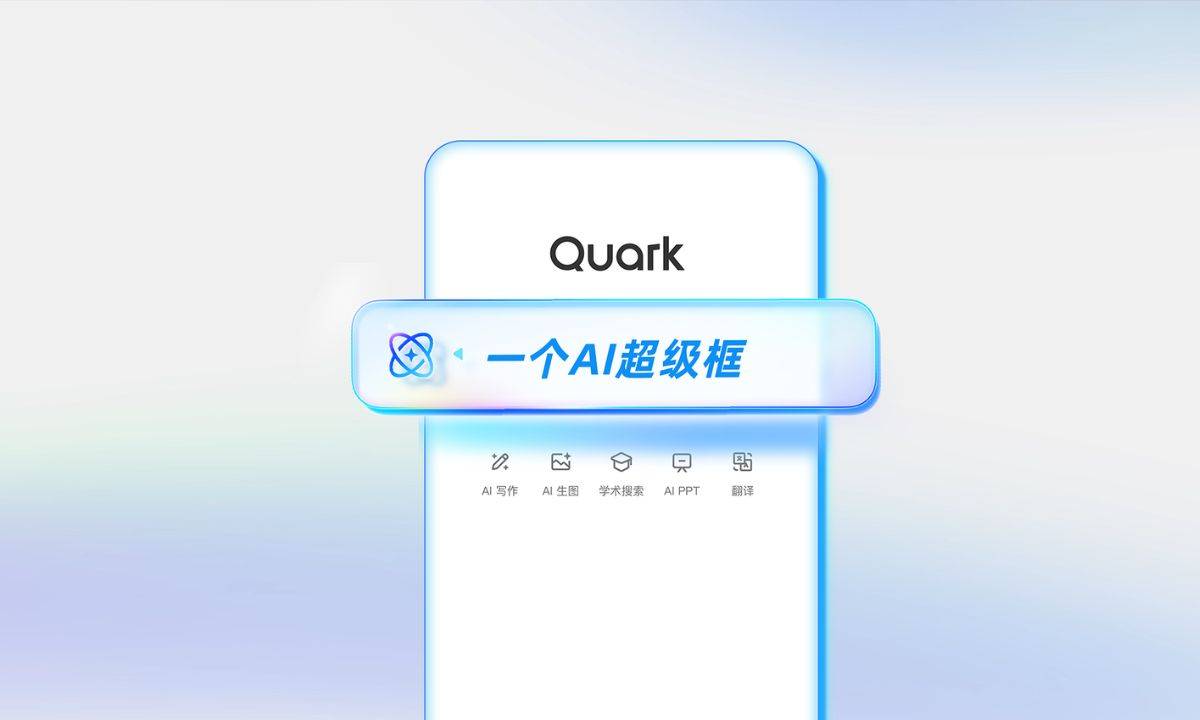
Alibaba Cloud has teamed up with the Olympic Broadcasting Service to offer a live content delivery platform on the cloud. Photo credit: Alibaba Group
The Olympic Broadcasting Services (OBS) and Alibaba Group are using the cloud to deliver and produce more content, allowing broadcasters to cover The Olympic Winter Games Beijing 2022 at a lower cost and environmental impact.
Alibaba’s cloud computing arm, Alibaba Cloud, has teamed up with OBS to offer a live content delivery platform on the cloud. The platform, run as a pilot project at the Olympic Games Tokyo 2020, has developed into a standard service at Beijing 2022.
Over 20 broadcasters have signed up to receive these real-time feeds.
Transmitting live content over the cloud is particularly useful for broadcasters who cannot attend the Olympic Games in person or cannot afford the time and heavy investment required for deploying satellite trucks.
Due to the coronavirus pandemic and the shift to remote production, nearly 40% fewer Rights-Holding Broadcasters (RHBs) are on-site in Beijing compared to at the Olympic Winter Games PyeongChang 2018.
“We hope that cloud technologies will not only reduce the cost associated with broadcasting, but also bolster the coverage of the Winter Olympic Games as more RHBs can access the live footage and choose the feeds they prefer,” said Selina Yuan, general manager of International Business, Alibaba Cloud Intelligence, in a statement.
For Beijing 2022, most broadcasters are remotely producing all or part of their content outside China, according to the OBS.
Leveraging Alibaba Cloud’s global infrastructure, OBS can send live signals from Beijing 2022 to broadcasters worldwide with less disruption and more secure transmission, even when demand is surging.
Real-Time Post Production
During Beijing 2022, the OBS expects to produce over 6,000 hours of content, including 900 hours of live sports and ceremony coverage. Viewers can also anticipate an additional 1,200 hours of unaired competition, twice the amount from PyeongChang 2018.
The audience for coverage is expanding. During Tokyo 2020, 3.05 billion people tuned in, while coverage on official Olympic broadcast partners’ digital platforms generated 28 billion views, a 139% increase compared with Rio 2016, according to the OBS.
To meet demand, OBS’s content delivery platform hosted on Alibaba Cloud, Content+, helps broadcasters create clips from live sessions and start editing while the livestreams are airing. Doing so allows digital platforms to manage large volumes of event content more efficiently, and craft timely clips on social media for global audiences.
On the Cloud
Don’t worry if you miss the moment a shot rock slides into the button. Alibaba has deployed cloud technology to power a multi-camera replay system for the first time during curling and speed skating, giving viewers a chance to watch the action from every angle.
The multi-angle footage will be gathered at the edge for real-time processing and editing on the cloud, before the chosen moments are shared as replays through feeds.



Broadcasters can also use cloud technology to produce 3D representations of sports events as daily highlights. It takes less than a minute to process live footage in the cloud and reproduce true-to-life 3D sports scenes, according to Alibaba.
The OBS’s partnership with Alibaba has continued to transform how the Olympic Games is broadcast, said Yiannis Exarchos, OBS chief executive officer.
“OBS Cloud is one of the most profound technological changes to our operation,” he said. “It not only offers broadcasters unprecedented efficiency, but also enables endless opportunities for innovation and to seamlessly deliver the excitement of the Olympic Games to the widest possible audience.”




